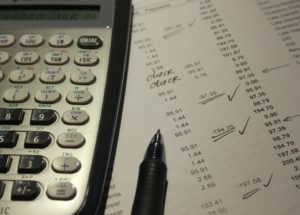Chapter 13 bankruptcy is often used to “cure” mortgage defaults. Debtors can spread the amount of the default over five years to get caught up on mortgage payments and avoid foreclosure. It’s a better approach than the typical loan modification offered by mortgage lenders that attach the default balance to the end of the loan. Those modifications result in interest being paid on interest and a loss of home equity. Sometimes though, and especially during the recent pandemic and economic recession, debtors default on regular monthly mortgage payments due after the filing of Chapter 13 bankruptcy. The impact of these “post-petition” payment defaults on a debtor’s ability to receive a discharge of debts has been the subject of several court decisions, and more recently, congressional action.
Some courts have ruled that unless debtors are current on mortgage payments due after a Chapter 13 is filed they aren’t entitled to a discharge of debts incurred before filing bankruptcy. Other courts take the opposite position, stating that mortgage payments made directly to the lender by debtors after a Chapter 13 is filed aren’t payments made “under the plan” and don’t lead to a denial of discharge. This is a more reasonable position that’s consistent with the meaning and language of the bankruptcy code. Thankfully, this is also the position of the U.S. Bankruptcy Court for the Southern District of Iowa.
As a result of the court rulings denying discharge to debtors who defaulted on mortgage payments after filing Chapter 13, Congress enacted a short-term and limited fix to the problem in the economic stimulus bills passed in 2020 and 2021. The legislation allows debtors to still receive a discharge of debt incurred prior to filing bankruptcy if the mortgage payment defaults were limited in number. It’s hoped that Congress will pass legislation permanently fixing the problem created by some courts around the country.
Ideally, all borrowers are able to remain current on mortgage payments due after filing bankruptcy, but at least there is good news for those who find they’re unable to do so.



